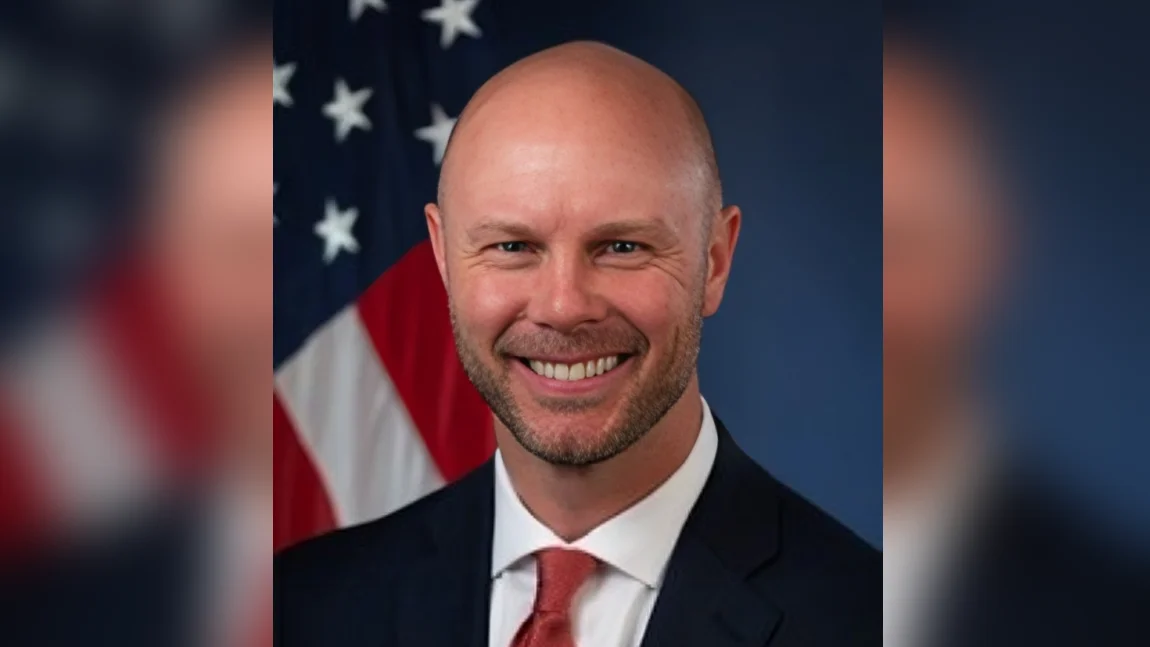In recognition of World Elder Abuse Awareness Day, the U.S. Department of Justice (DOJ) has renewed its efforts to protect American seniors from transnational fraud schemes. These schemes often lead to significant financial losses for seniors, sometimes depleting their life savings. In recent weeks, DOJ prosecutors have taken action against both foreign fraudsters and domestic individuals who facilitate these crimes.
U.S. Attorney Alme emphasized the importance of prosecuting those who exploit elderly individuals: “Our office will continue to vigorously prosecute those who would exploit our elderly friends, neighbors, and family members. We appreciate the efforts of our federal, state, local, and tribal partners to identify elder abuse in all its forms, physical, psychological, and financial." Alme also called on the public to help by checking on older adults and watching for signs of abuse or unusual financial transactions.
The DOJ highlighted several recent prosecutions aimed at protecting seniors from various types of fraud including romance frauds, lottery scams, tech support scams, and grandparent scams. Each type involves deceiving victims into parting with money under false pretenses.
A notable case in Montana involved an investigation by the FBI and Missoula County Sheriff’s Office that led to the arrest of a man linked to an India-based scheme impersonating U.S. Marshals. This scheme reportedly resulted in over $1 million being stolen from an elderly victim.
Victims of such fraud face numerous challenges in recovering their losses. Many retired seniors lack income growth opportunities or resources for legal action against perpetrators who may have moved funds beyond reach.
The National Elder Fraud Hotline offers free support for older adults experiencing financial fraud. Staffed by professionals experienced with senior issues, they assist victims in reporting incidents to agencies like the FBI's Internet Crime Complaint Center (IC3).
The DOJ advises vigilance against fraudulent schemes promising prizes or sweepstakes wins in exchange for fees. It stresses that official-sounding names are often used by scammers.
For those aged 60 or older affected by financial fraud, assistance is available through the National Elder Fraud Hotline at 1-833-FRAUD-11 (1-833-372-8311). The hotline provides personalized support and operates Monday through Friday from 10:00 a.m. to 6:00 p.m., offering services in multiple languages including English and Spanish.
Further information about DOJ’s initiatives can be found on its Elder Justice Initiative webpage as well as through its Consumer Protection Branch website. Complaints regarding elder fraud can also be filed with the FTC online or via phone.
The DOJ reminds readers that allegations mentioned are not proof of guilt; defendants are considered innocent until proven guilty in court.





